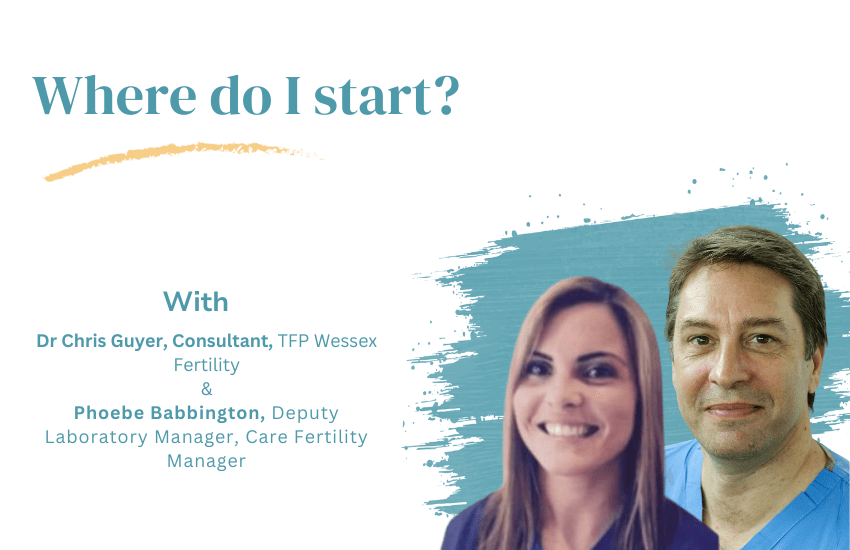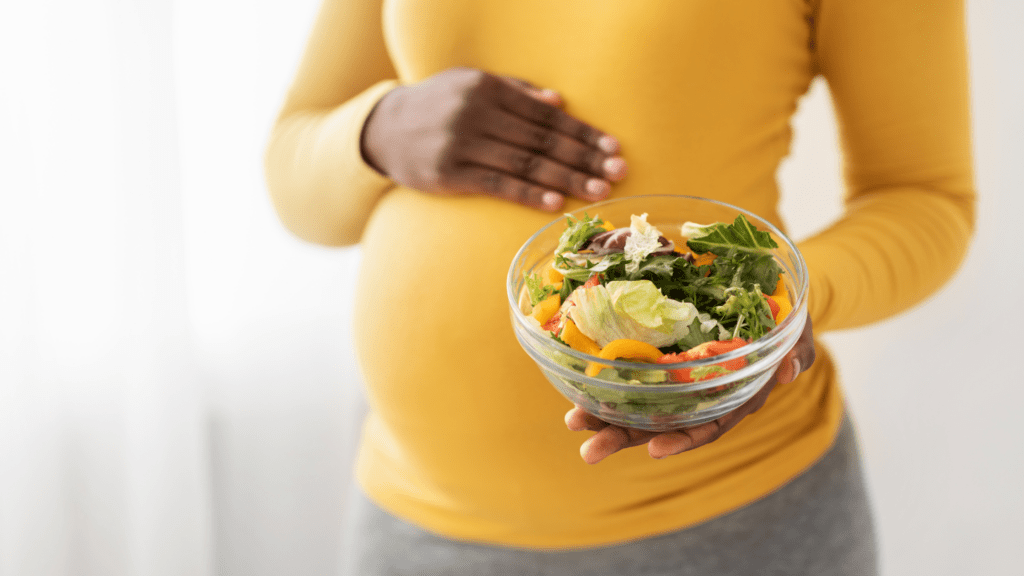
Fertility Medication Explained: What They Are and Why They’re Used
There are many types of fertility drugs available. Find out more about what they do, and how they might help you on your journey.

There are many types of fertility drugs available. Find out more about what they do, and how they might help you on your journey.

Find out more about undergoing fertility treatment whilst showing signs of early menopause or struggling with irregular periods.

IVF (In vitro fertilisation) is a very common form of fertility treatment, used to help individuals or couples to conceive.

Miscarriages are common, with approximately 1 in 5 pregnancies resulting in miscarriage. Despite its…

Wondering how to tell your employer about your fertility treatment? Find out more about having an informed conversation with your boss.

How can menstrual health, menopause and fertility impact the workplace – and what can employers do to support their employees?

It’s National Surrogacy Week from the 1st to the 7th of August! Discover what surrogacy is, who is best suited for and what’s involved…

As a single person, there are various ways to become a parent. So, where do you start? In this blog, on our website and through our dedicated channel of experts, we can help you to explore your options.


There’s no doubt that struggling to conceive, being diagnosed with infertility and then going through treatment, is emotionally, physically and mentally draining. Increased hope, followed by despair, cycles of medication and treatment, as well as medical appointments, can all take their toll.

Your chances of getting pregnant are increased if both partners have a healthy BMI. Having a healthy diet is beneficial for creating a healthy embryo, for your health during your pregnancy and for your child too.

If you are considering going down the IVF route to start your family, it may be that you have a previously diagnosed medical condition, you may need to use donor eggs or donor sperm or you may have unexplained infertility.